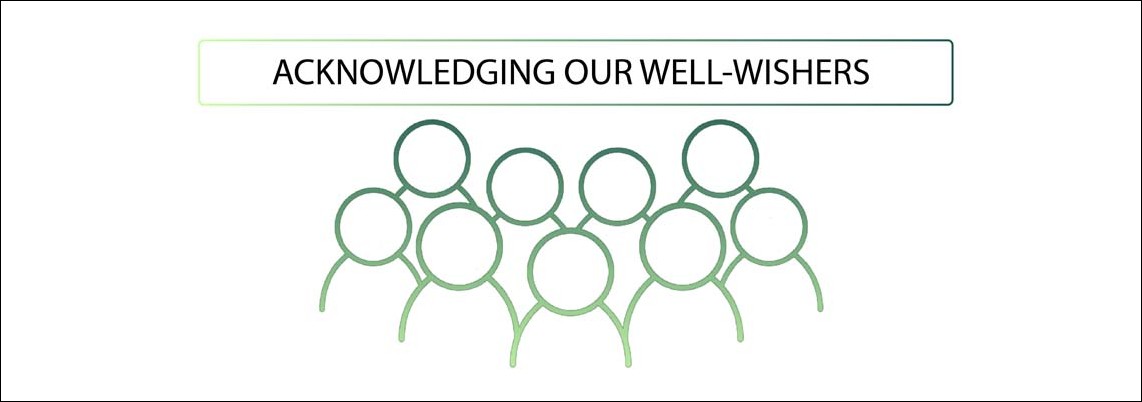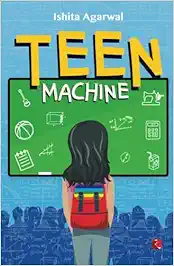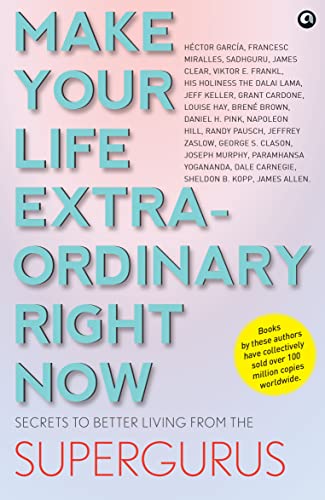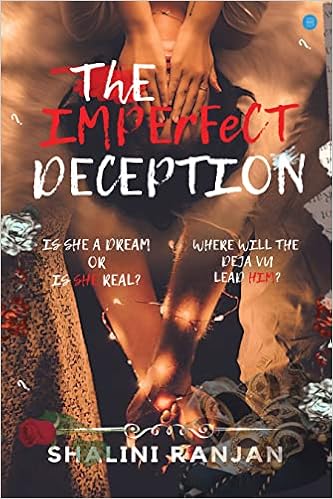2016th BLOG POST
19th
Book of 2022
I have always been interested
towards living an urban lifestyle. I remember how madly I wanted to be in a
metro city when I was residing very well in a 2nd tier city which
wasn’t much less than a metro city. Only after shifting to this competitive and
fast lifestyle where if you don’t keep on progressing, you find yourself
largely behind than all your friends and peers which starts affecting your
personal as well as social life. Hence, I always love watching movies or
reading books based on characters who are surviving with their up and down
emotions in an urban setup. The same interest made me pick up this book of
around 215 pages named “Fast but Lost” written by Dr. Pallavi Joshi. It also
has the tagline which says “Overcoming depression in city life”.
To start with, I
must say that the cover page of the book is very beautiful and specific to the
topic. If not the title of the book, at least the cover page will surely make
the readers give it a chance while roaming around in bookstores. Writing an
all-and-all non-fiction book based on depression is a very scary and gutsy
choice because we have so many psychiatrists, psychologists, therapists,
doctors and even people like actors and social media influencers guiding us on
this issue. It can become very challenging for the author to write without
thinking about what would people say about her treatment and overcoming methodologies.
This book is an
answer for every question you had about your anxiety, stress, depression,
suicide and every related thought. It is a very well-planned book which speaks
of every point in a very structured manner. Author ensures that you don’t get
lost in big terminologies hence keeps the book simple without making it sound
overwhelming to the reader even once. There were times when I cried or wept
while reading few sections as it talked about emotions or moments I had gone
through in my life and in few scenarios, I am literally going through them
currently. Pallavi has ensured that she doesn’t miss even a single reason or
trigger that causes depression so that any of us who pick the book find something
for us in it. I am telling you covering all these aspects is not an easy task
at all as it deals with various kinds of human emotions.
Joshi has nicely
made us understand the most asked questions about difference between
psychologist, psychiatrist, counselor and therapist as well as sadness, stress
and depression very appropriately. Similarly, she has busted many myths related
to depression in initial chapters itself which helps us clean our mind and
learn everything she tells with an open mind. She also elaborates upon symptoms
of depression that is surely going to make it easier for you to understand the type
of depression you are going through. I really got emotional every time I read
any section based upon patient’s case studies. I am glad author put it all so
well.
My personal
favorite has been the 4th chapter where author mentions each and
every aspect which can cause us depression along with explanation, case study,
solutions and when to go to a psychiatrist. Some of the discussed aspects are
as follows: break-up, marital discord, infidelity, death of a loved one, exam
stress, parenting, elderly care, job loss, infertility problems, diagnosis of
terminal illness, sexual orientation etc. Dr. Pallavi has also made us go
through the very popular talk therapy called CBT and the connection between
situation, thoughts and reactions. She also explains other therapies as well. Author
talks elaborately about suicide which was very necessary to be discussed. I was
quite surprised to know that even suicide has its types. I am glad author has
written this chapter as it has many information which can help you get away
from suicidal tendencies and also make you equipped to help others going
through the same feelings.
The book closes with
the chapter on how lockdown and Covid scenarios made a great impact on people’s
mental health. Author summarized the whole two years in few words but it was
enough to trigger the emotions as each one of us have gone through this phase.
Overall, I must say this is one of the most perfect self-help books I have ever
read. I will recommend this to everyone. Please don’t let yourself feel alone.
This book is going to be your first savior in the crisis. And yes, not only for
the people from urban lifestyle, this book can be read by anyone residing anywhere
doing anything and going through anxiety, stress, sorrow or depression. I give
this book a perfect 5 out of 5 stars. I am just mesmerized and I would like to
show my gratitude towards Dr. Pallavi Joshi for attempting this.
Thanks!
WRITING BUDDHA

















